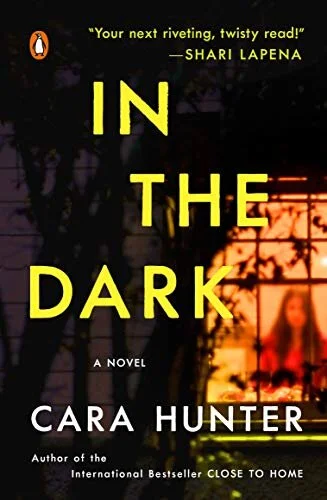Review of the Perfect Novel for an Isolating Pandemic
A petty thief in France wrongly convicted of murder, Henri Charrière is sent to a French Guiana penal colony to serve out a life sentence. His book is marketed as an autobiography, although journalists of the era found many false or fanciful parts. But it doesn’t matter. The man writes with a passion and a sense of storytelling beyond compare. He wrote his history on a whim, expecting to hand it off to an editor to be fixed or forgotten — that no one would read it or care.
He was wrong.
He became a sensation. The editor barely changed a word, and the world recognized in this swashbuckling renegade an epitome of what a man can become — free in mind and spirit, regardless of the effort to destroy him. Henri had an almost animal-like intensity. A brute of a man hardened by the prison system, he craved refinement and had a natural charm. While he professed indifference to what others thought of him, I imagine he was a proud and sensitive soul, hiding a damaged sense of self-worth and pride.
Maybe that is why he had embellished his tale — but what a tale it was.
Driven by rage against the prosecutor and judge who convicted him, he vowed to escape prison to return to France to exact his revenge. But this was 1930s France. Its brutal prison system deemed prisoners as almost inhuman. Beatings and deprivations were common. He was sentenced to serve on a penal island in South America, surrounded by tides and sharks, fronted by a mainland filled with thick, wet jungle filled with quicksand, where escape meant either a quick death or a slow one. When Henri spied the land to become his home for over the next decade, his legs quaked. Yet, wanting revenge, he steeled himself to establish his dominance, or at least, to prevent others from dominating him. When he entered the billeted prison, a longhouse filled by cons, he was greeted by cheers from a few of his criminal friends who had entered the system before him. Henri was no saint. He was a self-declared thief and a criminal. And while other men succumbed to their vices and immersed themselves in the excesses of this kind of life, he would not. Innocent of the charges, he vowed to escape and punish the men who all but hanged him.
And so he did. Attempt after attempt, all to get back at those who sent him here. Each time, he was caught and forced to return to prison and then eventually to solitary confinement. In the 1930s, solitary was an extra special hell designed to destroy a man’s will. The rules were this: no talking at any time, day or night, but for two minutes every few weeks, a doctor would carelessly check your declining health, and one could speak but a word or two. Thin gruel the only food passed through slots in a door to minimize your human contact. Living in open roof cages with iron bars, with upper deck gangways for guards to watch the prisoners below like animals in a cage, the trapped men could only look up, silently, and feel cowed.
The silence was overwhelming, no words, no sounds, no shouts, no laughter. Henri was forced to spend every moment of the day in a cell three paces wide. And so he did, long days with no contact with another human soul except the drudging flap of a guard’s feet on the platform above. If he broke the silence, he was punished by a beating, or even worse, more time in solitary. No one survived these conditions beyond five years. Some would perish; most would go mad. So he paced his cage back and forth for hours every day until absolutely spent, he would lay down on his cot and close his eyes. But he would not sleep. He would use his exhaustion to relive his youth, his time in Paris, his time outside these walls, allowing him to laugh, love, fight, and feel again. He would recall or imagine real or fanciful moments: when he was adopted by a South American Indian tribe, living in the traditional ways and pearl diving in the sea, or spending time with his love, Nenette, a hooker in Paris, or holding the till of an open sailing boat drifting to Trinidad on one of his most daring escapes. Moments like these became more vibrant than dreams. More real than life itself, he could escape his prison, his life, his hate and soar free.
Recalling this book from memory while resting in my chair at home, my tiredness of course does not compare, my freedom unrestricted except by choice of either going outside into the cold or into a warm, soft bed. Yet, with this pandemic, we are forced to spend at least part of our lives in semi-isolation, and I think we can all relate a little more to what this man experienced. Henri Charrière had made an impression on me. His novel made me realize that a storyteller can sweep you off your feet and drop you into a fanciful world beyond compare. It does not matter whether the storyteller is embellishing his tale or not. It is the story that is the key. And Henri told a magnificent tale.
Check it out.











Haunting Pasts Wins for Best Suspense and Best Mystery! — Trevor Wiltzen